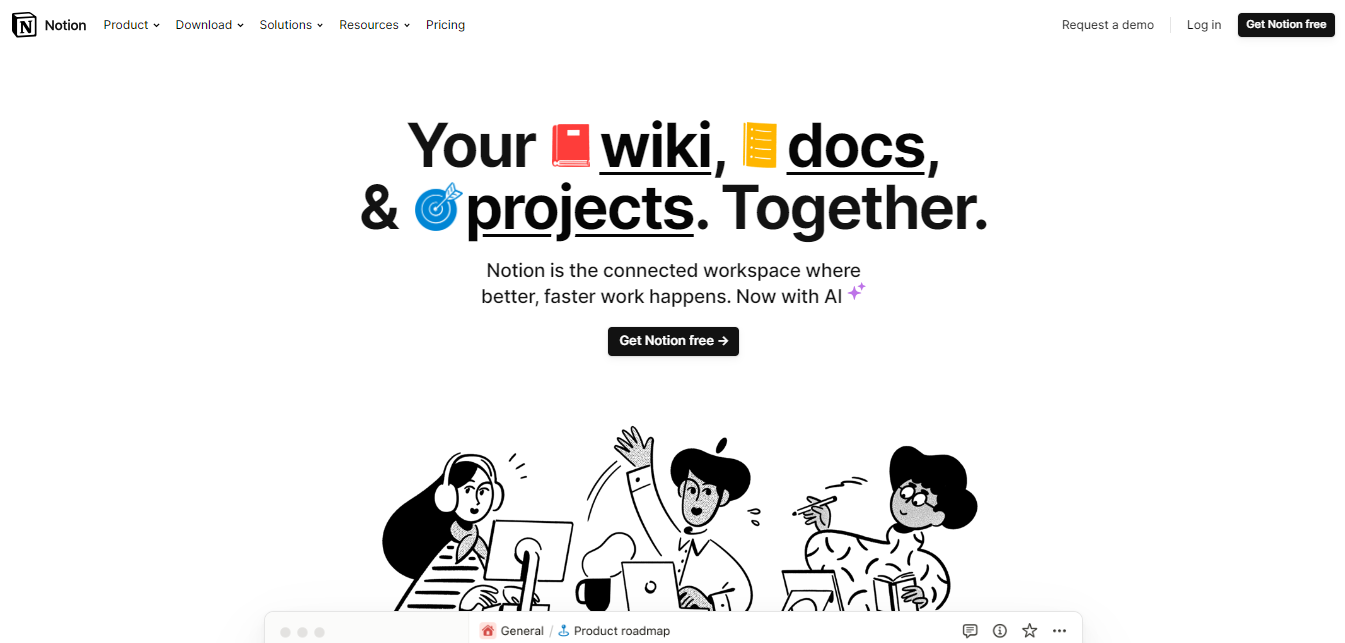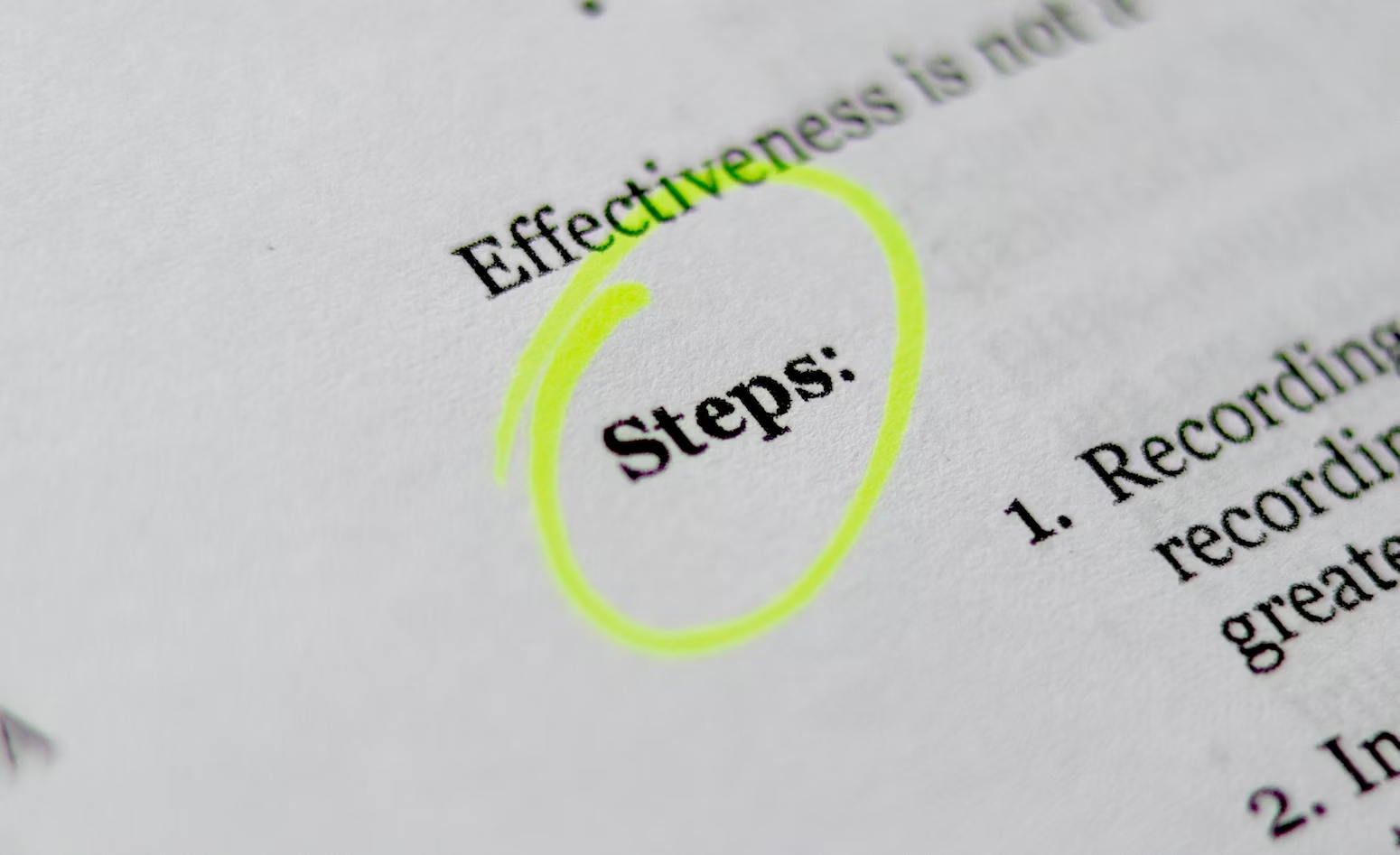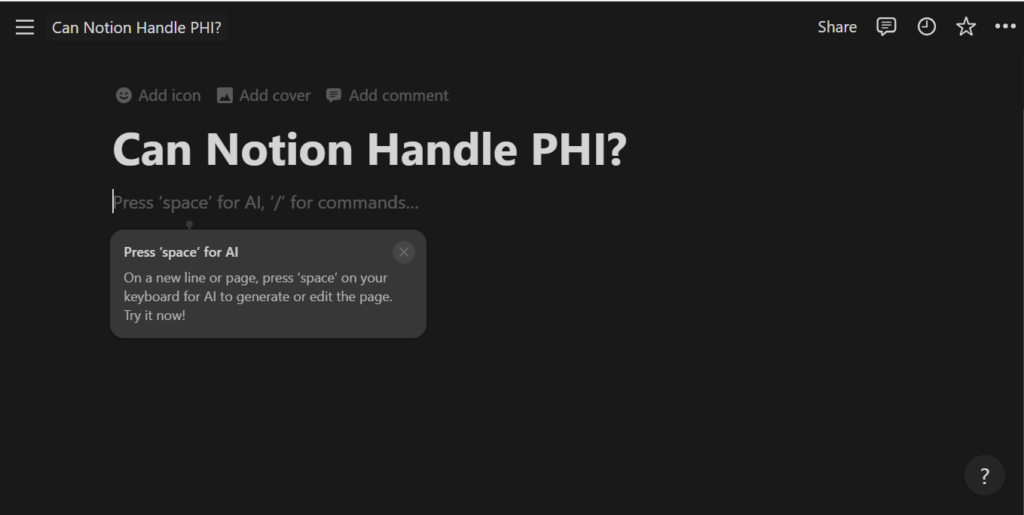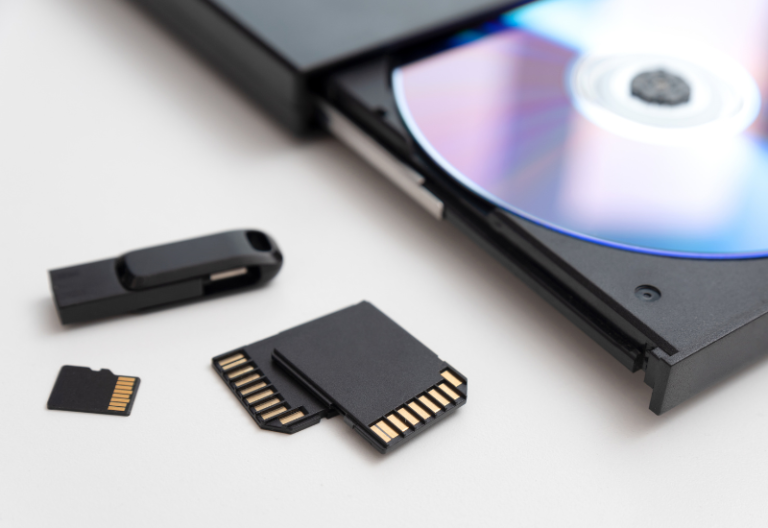Efficient task management systems help enhance productivity, which is why tools like Notion exist. It would be a great help if healthcare workers could utilize such tools to ease their workload and save time. Still, choosing a productivity tool to handle and manage healthcare-related paperwork requires careful consideration.
You’ll need to look into specific matters such as compliance. Productivity and idea-organizing platforms like Notion must comply with HIPAA rules to ensure the privacy and proper handling of protected health information (PHI).
It’s crucial to ask questions like, Is Notion HIPAA compliant? In doing so, you can focus on enhancing efficiency and providing better care without compromising the patient’s privacy.
Table of Contents

The Role of Collaboration Tools in Healthcare
Collaboration tools help facilitate effective communication among healthcare experts. These tools allow collaborators to exchange ideas, share information, discuss treatment plans, and seek valuable input. It also makes patients more involved, providing them with a convenient platform to access their health information, ask questions, schedule appointments, and receive timely updates on their treatment progress.
Productivity and collaboration platforms can provide healthcare professionals with a centralized hub to take notes, manage records, and keep track of tasks. Such strategies will help reduce errors by allowing easy access to up-to-date information.
Benefits aside, your choice of collaboration tool must meet the stringent standards of the Health Insurance Portability and Accountability Act (HIPAA). Otherwise, it’s not deemed suitable for use in a healthcare setup.

Is Notion HIPAA Compliant?
No. Notion is not HIPAA compliant. By default, it does not meet the necessary criteria for HIPAA compliance.
However, here’s a few things you should note:
- Enabling HIPAA compliance is free, provided you’re already on a Notion Enterprise Plan with over 100 members.
- Business Associate Agreement (BAA) eligibility is limited to Enterprise Plan users.
- Having acquired a BAA, you still must configure the platform to meet HIPAA’s technical safeguard requirements. Also, you must implement specific configurations to ensure a more secure login experience, proper data retention, data disposal, and enhanced transmission security. The complete guide is available at Notion’s configuration documentation for HIPAA.
- There are certain limitations to the extent of use. More specifically, you cannot use the platform to communicate with patients, plan members, or their employers and families.
- You are also prohibited from including PHI in the platform’s workspace names, teamspace names, organization names, file names, user group names, account names, and user profiles. You may refer to its HIPAA configuration guide for the complete list of limitations.

Steps to Ensure HIPAA Compliance With Notion
Here are the steps healthcare providers can follow to guarantee the implementation of Notion compliance with HIPAA regulations:
- Subscribe to Notion’s Enterprise Plan. To be eligible to sign Notion’s Business Associate Agreement (BAA), you must subscribe to their Enterprise Plan 3. BAA controls the security of personal health information stored on the Notion Service.
- Implement technical policies and procedures for electronic information systems that store electronic protected health information. These measures will restrict access to authorized individuals or software programs only.
- Ensure your staff is adequately educated on compliance and security measures. This includes obtaining written consent from patients regarding the methods of use and disclosure employed and formulating a comprehensive breach notification plan to address potential accidental or intentional breaches while utilizing Notion.
While the above steps can help an organization achieve HIPAA compliance in Notion, they do not guarantee immunity from potential violations and breaches. Thus, the organization or any other covered entity must continuously monitor and update its security measures to stay ahead of evolving threats.
Choosing HIPAA-Compliant Notion Alternatives
Despite having the means to secure private information, using Notion in a healthcare setting, specifically to handle PHI, requires a certain level of compromise. Its limitations to PHI inclusions alone could deter you from fully utilizing the platform to organize tasks and streamline workflow. Plus, the price of Notion Enterprise, given the number of members required for BAA eligibility, could cost a significant amount of money. It’s not ideal for small practices or those seeking to minimize expenses.
If you need Notion’s features and functionality but require HIPAA compliance on a limited budget, consider exploring other HIPAA-compliant note-taking tools, like:
Zoho Notebook
Zoho Notebook lets you take notes and collaborate with colleagues securely. Its user-friendly platform allows for easy information-sharing and organization. Also, it will automatically back up and sync your notes to the cloud, so you won’t fear losing them over unexpected events (i.e., accidental deletion or virus attacks).
Evernote Health
With Evernote Health, you can access and utilize features such as note-taking and virtual collaboration to improve shared decision-making. It also ensures the continuity of care by providing instant access to critical medical records and treatment notes.







